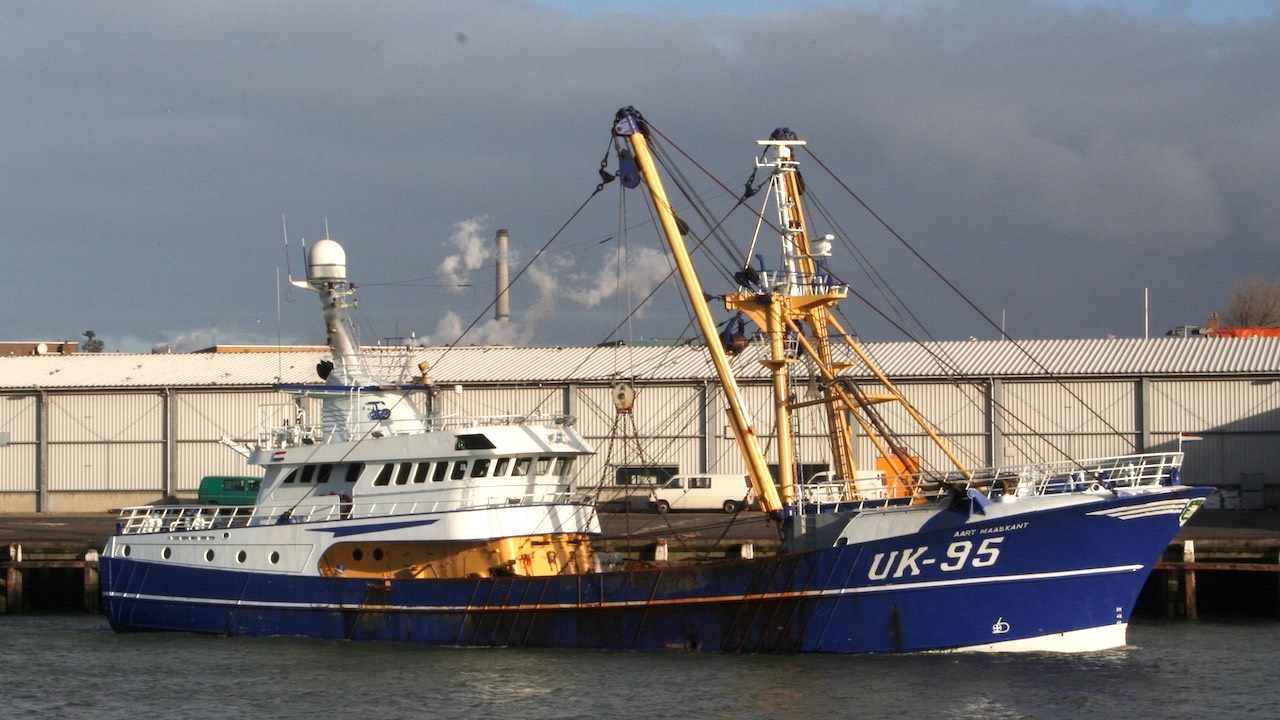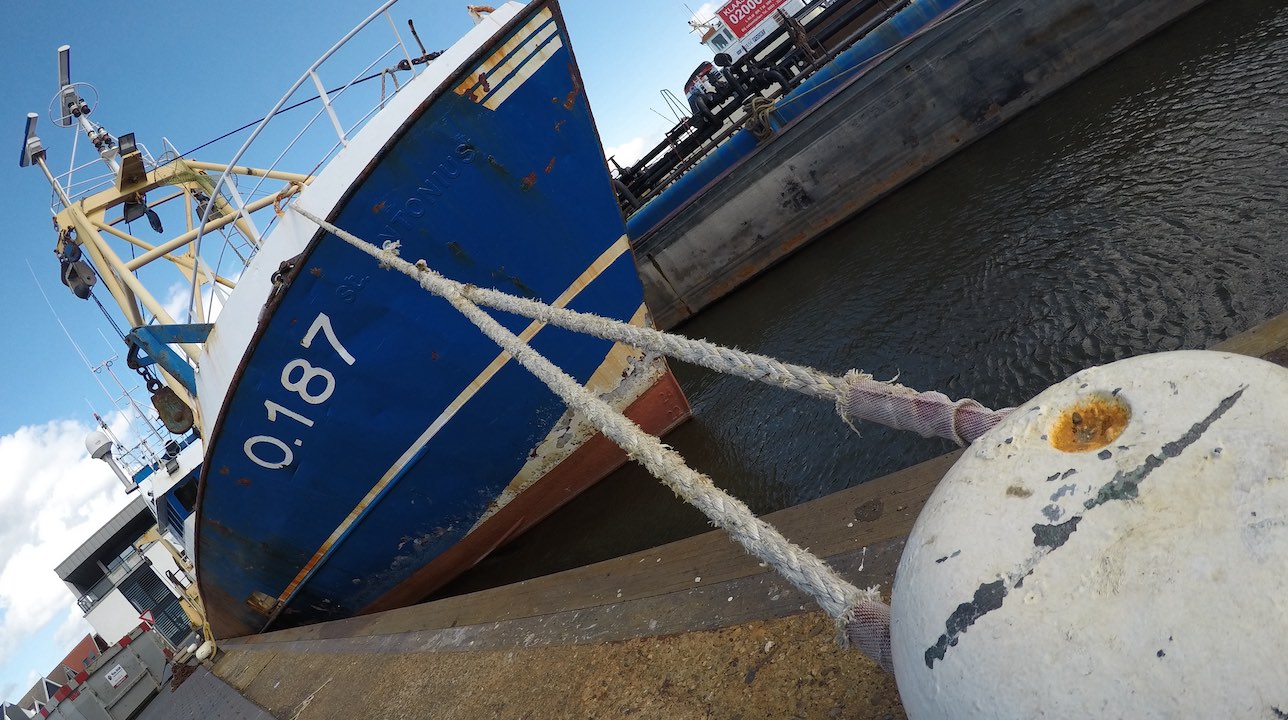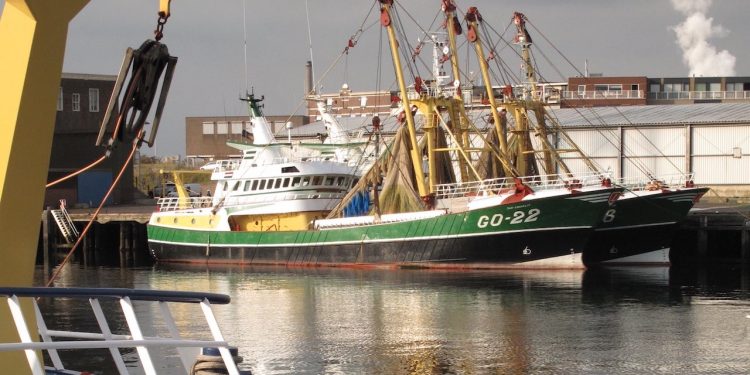In response to the EU Commission’s stance in the reduction of greenhouse gases, Europêche as the umbrella organisation for national fisheries bodies in Europe, has written on behalf of the entire fisheries chain, in particular to the fisheries stakeholders of the Member States, the relevant Members of the European Parliament and relevant members of the Fisheries Committee of the European Parliament, with a call for fishing to be exempted from the scope of the directive.

The fishing sector states that introducing further taxation will not serve as an incentive, but rather as a punitive measure for a sector that has already achieved its Green Deal target and is struggling with the geopolitical and socio-economic challenges in Europe.
‘Fisheries should therefore be exempted from the Directive until new fuel and propulsion technologies become commercially available. And legislation should allow for the modernization, installation and use of such technologies,’ a representative of Dutch association de Nederlandse Vissersbond said.
‘Fuel taxes are not an incentive, but a punitive measure.’
The fishing sector points out that, according to United Nations data, total greenhouse gas emissions from the EU fishing fleet fell by 52% between 1990 and 2021, reaching the Green Deal target well ahead of the planned timeline (2030).
‘On a global perspective, fishing emissions in the EU represent 0.01% of global anthropogenic emissions.’
The European fishing associations fully support supports the drive to reduce CO2 emissions and is actively involved in the search for sustainable, renewable and commercially viable energy alternatives. But the industry is calling on the EU to exclude fuel used for fishing activities from the scope of the directive.
‘Fuel costs can exceed 40% of total operating costs for fishing companies. What should also be recognised is that the fishing sector provides one of the healthiest animal proteins, with one of the smallest carbon footprints, and contributes to the livelihoods of many rural coastal communities in the EU,’ de Nederlandse Vissersbond points out.

‘Even with tax breaks in the EU, the fishing industry has reduced fuel consumption over the years. This decline can be attributed to several factors, including the gradual reduction of the fleet, significant reductions in fishing effort (days at sea), improvements in fish stocks and the introduction of new technologies.’
It is claimed that adding a further layer of taxation would further exacerbate the socio-economic problems faced by fishing companies, which are already struggling with high energy prices and inflation. The majority of EU countries grant or request subsidies to scrap their fleets due to Brexit, the energy crisis, pandemics, inflation, the increasing number of offshore wind farms and the closure of areas at sea, problems with neighboring countries and unworkable EU regulations.
‘Taxation would only add to this absolute tragedy. As a result, foreign seafood will replace our domestic supply, increasing the EU’s dependence on imported seafood,’ the industry’s spokesperson commented.
‘Fuel taxes would put the EU fishing sector at a competitive disadvantage compared to other non-EU countries with lower fuel prices and taxes. Seafood prices paid by end-users would undoubtedly be affected by the increase in fuel prices due to the introduction of fuel taxes,’ he said, and drew attention to the contradition of European regulation that prohibits capacity increases that effectively rule out the implementation of new propulsion technologies.
‘The biggest challenge facing many industries is the development and availability of alternative green and carbon-neutral technologies and fuels. The situation is even worse in the fishing sector, as the transition to new propulsion technologies requires increased space on board. And the current capacity restrictions imposed by the Common Fisheries Policy limit such developments. It is therefore clear that there are (yet) no realistic energy alternatives for the fishing sector,’ de Nederlandse Vissersbond’s representative stated.
As part of the European Green Deal, the European Commission has adopted a series of proposals to align the EU’s climate, energy, transport and tax policies so that net greenhouse gas emissions are reduced by 2030 compared to 1990 levels can be reduced by at least 55%.
As part of this initiative, the European Commission proposed a revision of the Energy Tax Directive in 2021, aiming to set minimum tax thresholds for carbon-free energy that are lower than those for fossil fuels. After extensive discussions, the file has now reached the final phase of the legislative process. Both the European Commission and the European Parliament aim to complete the file before the parliamentary term ends in June 2024.









